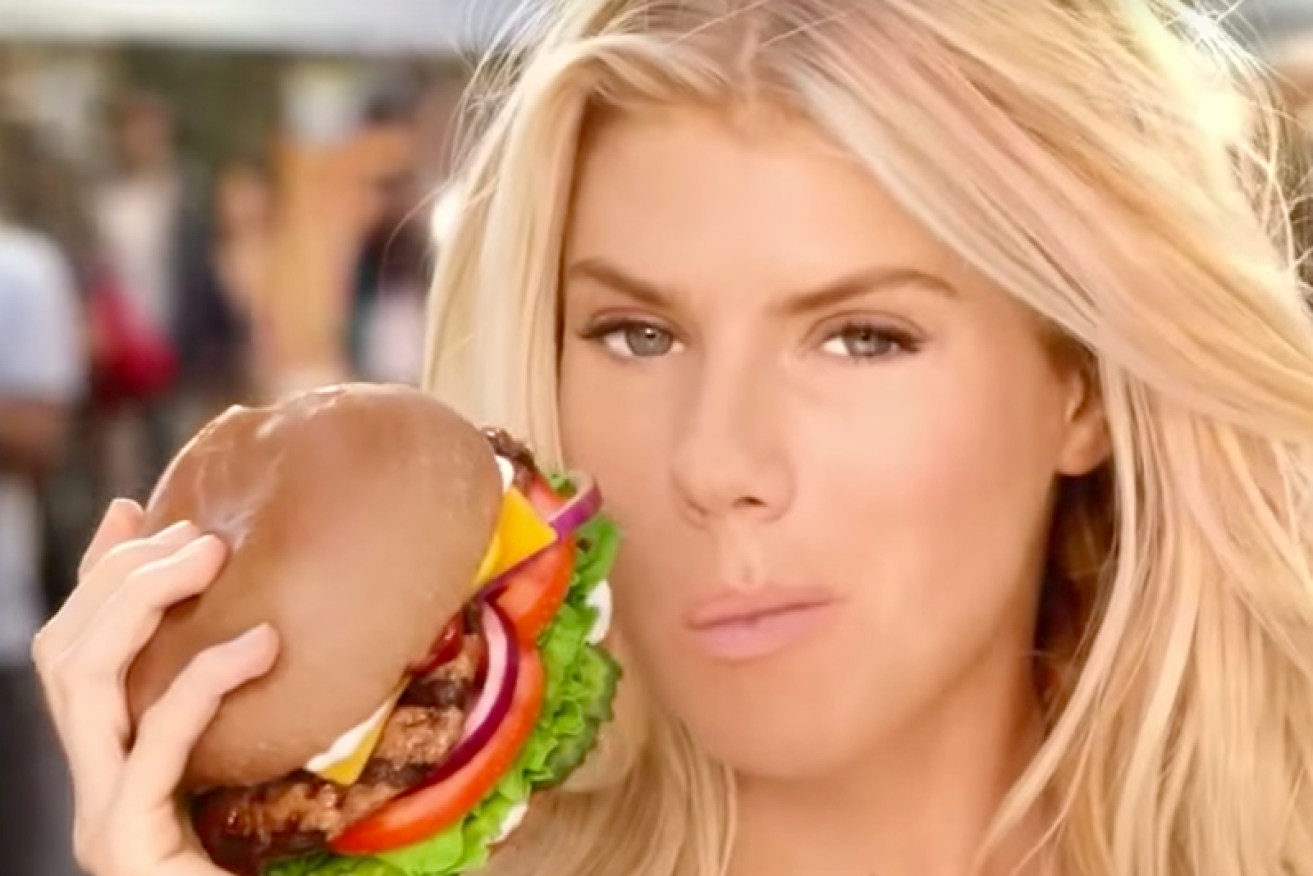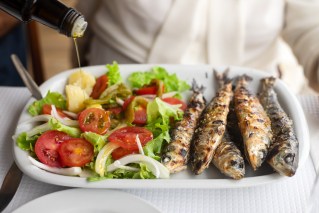This new food trend could make you very sick


Juicy, pink hamburger patties are off the menu in New South Wales, outraging thousands of consumers enamoured with the new food trend.
The New South Wales Food Authority recently indicated it would enforce guidelines on the cooking of mince meat, despite many Sydney restaurants making a living off medium-cooked hamburger patties.
The guidelines weren’t new, but their sudden enforcement left consumers outraged. Some described it as a “joke” or a “huge mistake” and that they were “nanny state” regulations.
• Hamburgers are ‘destroying the planet’
• Burger kings: the best hamburgers in Australia
• KFC’s ‘nauseating’ reference to masturbation
Another person said online: “Sydney has finally crawled out of the tasteless chewy burger hole and now you’re bringing us back to dark times because someone in the Food Authority hates pink meat”.

Hamburgers were most at risk between five and 60-degrees. Photo: Getty
But there was a more scientific reason behind the government’s crackdown on undercooked meat.
In the United States, where undercooked hamburgers have been a trend for “some time”, there have been “a number of outbreaks of E. coli and a total of five deaths” since 1993, according to the NSW Food Authority.
These pathogenic strains of food poisoning, mostly due to bad handling processes or poor preparation of meat, have the potential to seriously affect the blood and blood vessels in humans.
There were yet to be any reports of illness or hospitalisation in Australia.
A spokesperson for the authority said they were taking a “proactive” stance to food safety.
“Hamburger meat has always traditionally been cooked thoroughly,” the spokesperson told The New Daily.
“This is why the NSW Food Authority’s advice, with regard to the emerging trend of rare or undercooked burgers as identified by council EHO’s [Environmental Health Officers], is to always recommend cooking mincemeat products to 71-degrees.”
Food inspectors had the power to hand out $1540 penalties after first warning the vendor.
University of NSW food microbiologist Associate Professor Julian Cox told The New Daily mince meat was more susceptible to contamination due to processing.
“If we could really be assured the very high quality meat a number of places might use is free of pathogenic organisms, then that might be true,” he said.
“There is no absolute guarantee in terms of risk that there is no pathogenic organisms present.”
Chefs defend their food

The surface of solid cuts of raw meat was most likely to have any contamination. Unlike with mince, this is easily remedied during the cooking process. Photo: Getty
Reputable chefs argued the enforcement would kill edible creativity.
Warren Turnbull, owner of Surry Hills restaurant Chur Burger, described the rules as a “joke”, while Jake Smyth, owner of Newtown bar Mary’s, said they made their patties from scratch and carefully controlled the mincing process, Broadsheet reported.
“I can stand here with absolute pride and say we f**king know what we’re doing, this is fine, this is top-grade beef, here you go, put it in your mouth and eat it rare,” he said.
But University of Newcastle PhD candidate in food science and School of Medicine and Public Health research associate Emma Beckett said the undercooked burger trend could be a risk for public health.
“I guess in modern society we have to balance liberty with safety. It’s the same as seatbelts in cars or helmets on bikes,” she told The New Daily.
“Some people will be upset at the restriction, but if you save a life, you can argue it’s worth it.”
Ms Beckett said between five-degrees and 60-degrees were the highest risk temperatures for bacteria growth.
The New Daily understands that burger chains including McDonald’s, Hungry Jacks and Carl’s Jr refuse to cook medium or rare burgers on request.








